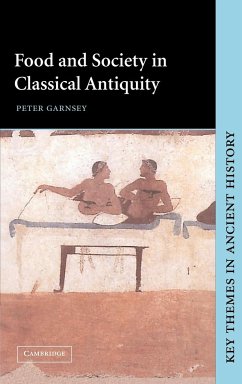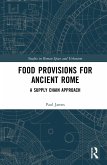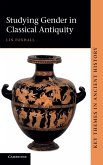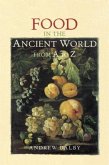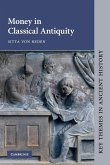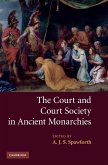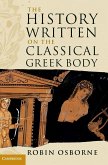This is the first study of food in classical antiquity that treats it as both a biological and a cultural phenomenon. The variables of food quantity, quality and availability, and the impact of disease, are evaluated and a judgement reached which inclines to pessimism. Food is also a symbol, evoking other basic human needs and desires, especially sex, and performing social and cultural roles which can be either integrative or divisive. The book explores food taboos in Greek, Roman, and Jewish society, and food-allocation within the family, as well as more familiar cultural and economic polarities which are highlighted by food and eating. The author draws on a wide range of evidence new and old, from written sources to human skeletal remains, and uses both comparative historical evidence from early modern and contemporary developing societies and the anthropological literature, to create a case-study of food in antiquity.
Table of contents:
Introduction: food, substance and symbol; 1. Diet; 2. Food and the economy; 3. Food-crisis; 4. Malnutrition; 5. Otherness; 6. Forbidden food; 7. Food and the family; 8. Haves and havenots; 9. You are with whom you eat; Conclusion: choice and necessity.
This is a general study of food in antiquity. The book deals with food as food or nutrition. It also treats the non-food uses of food, focusing on the role of food in forming and marking the social hierarchy. Food defines the group, whether social, religious, philosophical or political.
A general study of food in antiquity, broadly based and comprehensive.
Table of contents:
Introduction: food, substance and symbol; 1. Diet; 2. Food and the economy; 3. Food-crisis; 4. Malnutrition; 5. Otherness; 6. Forbidden food; 7. Food and the family; 8. Haves and havenots; 9. You are with whom you eat; Conclusion: choice and necessity.
This is a general study of food in antiquity. The book deals with food as food or nutrition. It also treats the non-food uses of food, focusing on the role of food in forming and marking the social hierarchy. Food defines the group, whether social, religious, philosophical or political.
A general study of food in antiquity, broadly based and comprehensive.

